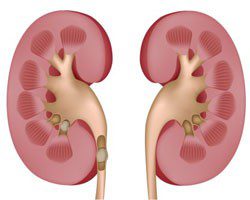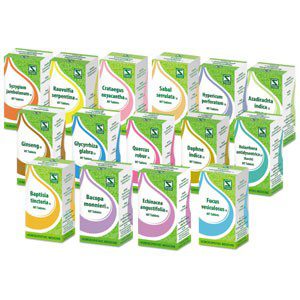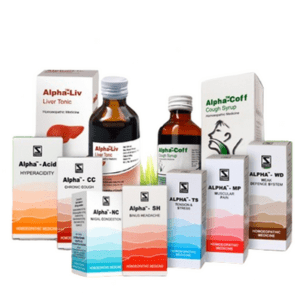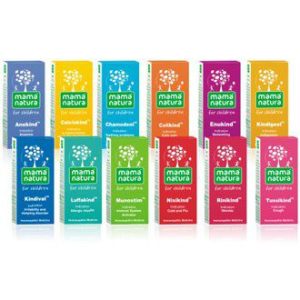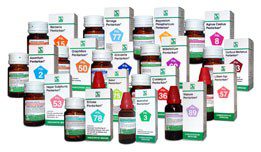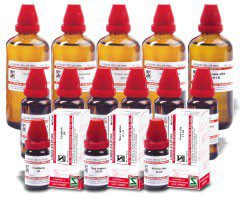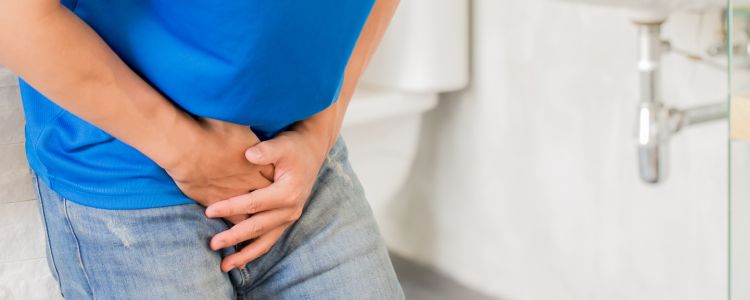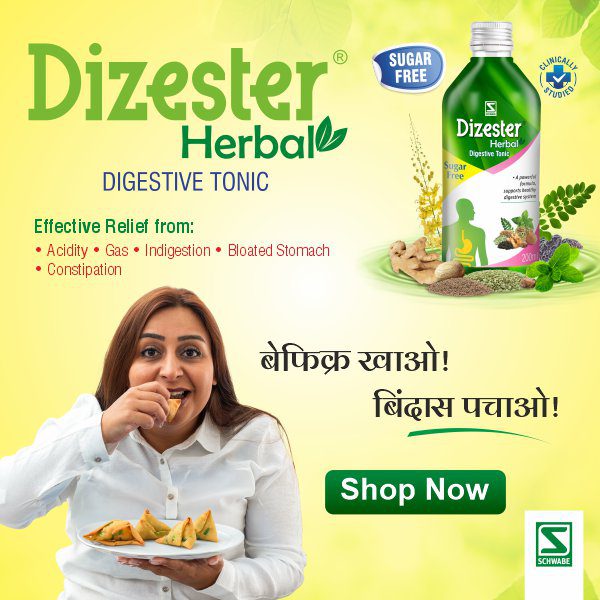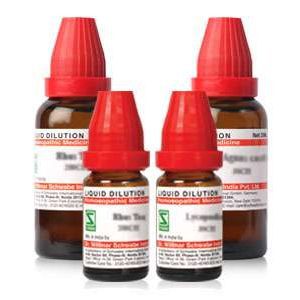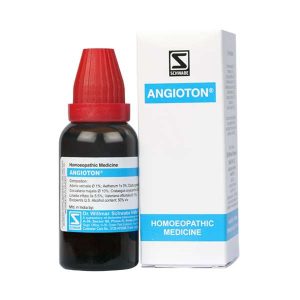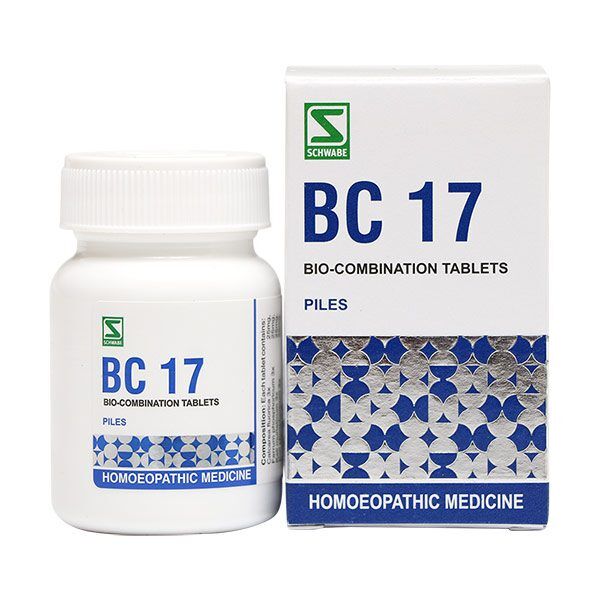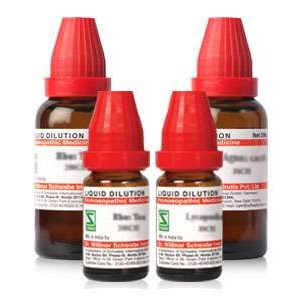
Is Homeopathic Medicine Safe For Kids?
- Dr. P T Ponmani
- No Comments
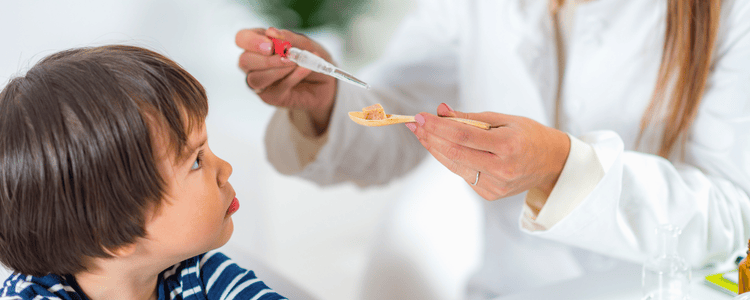
Childcare is crucial in children’s early development. It provides a safe, nurturing environment that helps them learn, grow mentally and physically, and interact with others. Whether it is at home, a daycare center, or a preschool, quality childcare helps shape a child’s social, emotional, and cognitive skills.
Reliable and trusting child care has become essential for working parents, allowing them to focus on their jobs while knowing their children are well cared for. Professional caregivers provide structured activities encouraging learning, creativity, and social interaction. From reading stories to engaging in hands-on play to teaching basic problem-solving skills, childcare settings help children build confidence and independence.
Beyond essential supervision, good childcare fosters emotional security. Children learn to communicate, share, and cooperate, preparing them for school and future relationships. A warm and supportive atmosphere and proper healthcare can help children grow healthy and positive.
Homeopathy, a unique alternative medical system for children, operates on the principle of ‘like cures like. This system’s medicines are derived from highly diluted natural substances, stimulating the body’s innate healing process. Let us explore the distinguished role of homeopathy in child healthcare, along with its benefits, challenges, and significant considerations.
Table of Contents
ToggleThe basics of homeopathy for healthcare in children
- In homeopathy, the remedies are exceptionally individualized to suit the symptoms of the child’s physical condition and emotional state.
- In this system, medicinal substances are collected from natural sources such as plants, minerals, and animals and diluted to harmless levels to ensure safety. This “law of minimum dose” ensures that smaller doses are more effective.
Why is homeopathy best for children?
- Homeopathy is a safe and gentle option for children of all ages.
- It also provides parents with a reassuring choice for their children’s health.
- Homeopathy, with its non-invasive approach and freedom from toxic side effects, offers parents a comfortable and gentle treatment option for their children.
- Homeopathy is non-invasive and free from toxic side effects, providing parents with a comfortable and gentle treatment option for their children.
- Homeopathy is highly effective for children’s minor ailments and long-term conditions, instilling confidence in parents about its ability to address their child’s health issues.
Also Read 10 Homeopathic Remedies for Kids of All Ages
Common pediatric ailments treated with homeopathy
Homeopathy is often used to address several childhood health issues, including:
- Respiratory issues such as asthma, allergies, and bronchitis can be relieved with Pulsatilla (for colds) or Arsenicum album (for wheezing).
- Digestive issues like colic, diarrhea, and constipation can be treated with Chamomilla (for teething-related diarrhea) or Nux vomica (for overeating).
- Skin conditions such as Eczema and psoriasis respond well to remedies like Sulphur or graphite, which reduce inflammation and irritation.
- Behavioral concerns such as ADHD and anxiety respond well to remedies like Stramonium or Baryta carbs and focus on emotional and mental symptoms.
- Chamomilla and Coffea cruda are commonly used to relieve teething discomfort.
Safety and efficiency of homeopathic medicines
- Due to their highly diluted form, homeopathic medicines are safe, gentle, and harmless for children and free from toxic side effects. They do not contain any addictive substances, making them suitable for long-term usage. While research on their effectiveness shows mixed results, carefully chosen remedies can effectively reduce symptoms and prevent complications without invasive treatments.
- They don’t contain any addictive substances, making them suitable for long-term usage.
- Research on the effectiveness of homeopathy shows mixed results. Some studies support its benefits for conditions like diarrhea or ear infections, while others compare the effects to placebo.
- Carefully chosen remedies can reduce the symptoms and prevent complications without invasive treatments.
Choosing a qualified homeopathic practitioner
If you are a parent and are considering homeopathic treatment for your child, it is necessary to find a certified homeopathic practitioner with extensive experience in pediatric care. This will ensure that your child receives safe and effective treatments. Open communication between the homeopathic practitioner and your family doctor is beneficial for integrating both treatments safely. That will ensure that your child receives safe and effective treatments. Open communication between the homeopathic practitioner and your family doctor is good for integrating both treatments safely.
Also Read How to prevent and manage constipation in kids: Tips for Parents
Incorporating homeopathy at home
- Aconitum napellus: For sudden high fever and anxiety.
- Allium cepa: For colds with sneezing and watery eyes.
- Arnica: For bruises and injuries.
- Chamomilla: For teething irritability.
- Ferrum phosphoricum: For early-stage earaches.
- Nux vomica: For digestive discomfort.
Guidelines for Use:
- Use remedies as directed by the physicians.
- Dissolve pellets on the tongue or dilute them in water.
- Avoid strong-smelling foods like mint before and after administering remedies.
Homeopathy vs. Conventional Medicine
Advantages of Homeopathy:
- Homeopathic medicines act more profoundly and treat the root cause, not just the symptoms.
- They encourage overall wellness by focusing on physical, physical, and emotional health.
- It is the treatment of choice for treating chronic or recurring conditions without the risk of medicine dependency.
Limitations:
- Not proven effective for severe or acute conditions.
- It should be used alongside conventional medicine during emergencies.
Challenges and considerations
- Understand the realistic outcomes and limits of homeopathy.
- Avoid self-prescribing for severe conditions; consult a professional before taking homeopathic medicine.
- Critics argue there’s insufficient evidence to prove homeopathy works beyond placebo effects.
- The practitioners highlight the challenge of standardizing treatments due to their individualization.
- Always choose remedies from reputable sources to ensure safety.
- Avoid alcohol-based dilutions for younger children.
Integrating homeopathy into a child’s healthcare
- Use homeopathy alongside conventional treatments when needed.
- Regular pediatric check-ups are vital for monitoring your child’s health.
- Homeopathy may help reduce infection frequency by supporting the immune system.
- Focus on preventative care with balanced nutrition, good sleep habits, and an active lifestyle.
The future of homeopathic pediatrics treatment.
- The rising demand for individualized, non-toxic treatments has improved the continued interest in homeopathy.
- Further research may help clarify how homeopathy works and expand its treatment options.
- A complementary, cohesive interaction between homeopathic practitioners and conventional doctors can create space for more integrative childcare and treatment options.
Summary
Homeopathic medicine provides a safe, gentle, and individualized approach to children’s healthcare. While it may not be suitable for every condition, it can be valuable to pediatric healthcare. Before beginning any treatment plan, parents should seek professional advice, stay well-informed, and focus on a wholesome approach to their child’s well-being.
Homeopathic medicine is often considered a gentle and natural approach to healthcare, making it appealing for parents seeking choices for their children. Supporters believe these remedies can help with common childhood ailments such as colds, teething pain, digestive issues, and mild allergies.
Homeopathic medicines are generally well tolerated in terms of safety, as they are highly diluted and typically free from strong chemicals or synthetic additives. Many parents turn towards homeopathy as the treatment of choice as these remedies have minimal risk of side effects, making them seem safer than conventional medications. However, it is very crucial to consult a healthcare professional before using homeopathic treatments, especially for infants or children with chronic conditions.
While some people and practitioners report positive results, research and studies have consistently proven its efficiency in treating many disorders, especially in developing immunity in children. This means that homeopathic medicines can kindle the body’s natural healing process.
For efficiency, homeopathy is often used alongside conventional medicine rather than as a replacement. It may offer comfort and symptom relief for minor issues but should not be relied upon for serious illnesses or infections. Parents should be cautious about delaying medical treatment in favor of homeopathy when urgent care is needed.
Ultimately, choosing homeopathic medicine in childcare is a parental choice. While many families find it beneficial, it’s always best to approach it with an open mind, seek guidance from trusted healthcare providers, and ensure that the treatment supports the child’s overall well-being and safety.











